-
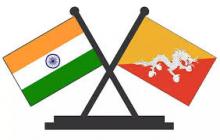
What doesn't get measured doesn't get managed. This is the sad story of environmental deterioration around the world, which has been religiously and rigorously measuring gross national product (GNP) to ascertain the growth of a nation. But, a tiny Himalayan country has deviated from such calculation of national progress. The Gross National Happiness (GNH), Bhutan's economic path to development, has been less talked about in mainstream economics. And this is not a fairytale!
-

The violent Sunni insurgency in Iraq (2014) undoubtedly has different implications for different countries in the region. The purpose of this article, however, is not to discuss all these implications. The article is limited to the role of the Islamic State of Iraq and Syria (ISIS) in Iraq and its implications for Iran.
ISIS and Vested Interests
-
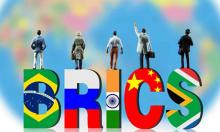
A new Bank is added to the lexicon of world development finance. Rather than welcoming it, the merchants of poverty eradication propagate its unbecoming. Completely one-sided views have been floating since the announcement of the BRICS New Development Bank adopted in Brazil during the BRICS Sixth Summit. Even after a month-long soccer carnival, it is a shocker to the world. The question remains whether BRIC's New Development Bank (NDB) will be able to deliver as its founding members aspire.
-
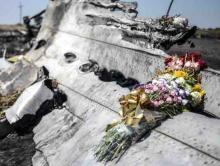
After the tragic downing of flight MH17, the US along with some major European countries has called for “hard-hitting sanctions” on Russia. The UK is pushing for tough “Tier 3” sanctions against Russia that could cover areas such as financial services, trade and energy exports. However, there are growing concerns that the strongest possible sanctions will be blocked by EU member states because of French arms sales as well as German dependence on fossil fuels from Russia.
-
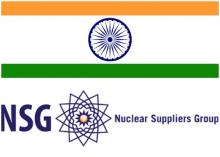
A recent New York Times editorial (India’s Role in the Nuclear Races) has recommended that the issue of India’s entry into the Nuclear Suppliers Group (NSG) be restricted till India “proves itself willing to take a leading role in halting the spread of the world’s most lethal weapons.” The editorial has premised India’s NSG membership upon fulfilling three conditions: Signing the Comprehensive Test Ban Treaty (CTBT), halting production of fissile material and initiating negotiations with China and Pakistan to contain the nuclear arms race.
-

Twitter, an online social networking and microblogging service, was born in 2006. Interestingly, it has emerged as one of the most popular mediums of influence in a short period. This service is sometimes described as an ‘SMS of Internet’. Like any other internet-based service, this amenity has both positives and negatives. To judge the relevance of any such service, it is also important to check the category of users using it and their approach. Particularly in the Indian context, the ‘idea of Twitter’ is getting defeated and becoming more a bane than a boon.
-
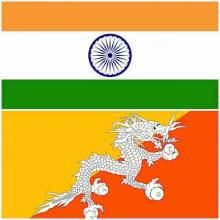
On May 16, 2014, India, the world’s biggest democracy and Asia’s rapidly rising power, announced the results of history’s longest and biggest multiparty democratic elections. Held in nine phases across April and May 2014, the country chose to bring in power the government of Narendra Damodardas Modi, leader of the Bhartiya Janata Party (BJP)—known for his unconventional but successful policies.
-
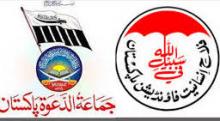
In an attempt to clip Pakistan’s terror charity Jamaat ud Dawa’s (JuD) financial wings further, the U.S. Department of the Treasury on 25 June (2014 once again targeted the leadership and financial networks of the organization. The JuD (formerly Markaz Dawat-ul-Irshad-MDI) which is a social charily front for the deadly Jihad group Lashkar-e-Taiba (LeT) has been operating with impunity inside Pakistan since its inception.
-

In a remarkable display of faith in regional cooperation, the new Prime Minister in Delhi invited all the heads of government and their representatives of SAARC and Mauritius to his swearing-in. Interestingly, except for a common dinner hosted by the President of India, the SAARC leaders never met. Are we looking forward to a robust, frequent, effective, and efficient regional dialogue on various South Asian issues, especially on the environment front? It's too early to predict, but we shall be hopeful.
-
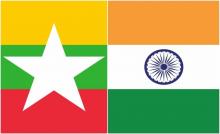
The existing bilateral ties between Myanmar and India can grow much deeper provided they are calibrated in a manner that is beneficial to both countries. Energy and infrastructure could be the bedrock for such a strong relationship. The new government in India now has an opportunity to shape its relationship with Myanmar based on pragmatic projects’ implementation and strong linkages as this neighbour could act as a marker for geo-economic alliances.
Paxton ported to drupal by DropThemes.in